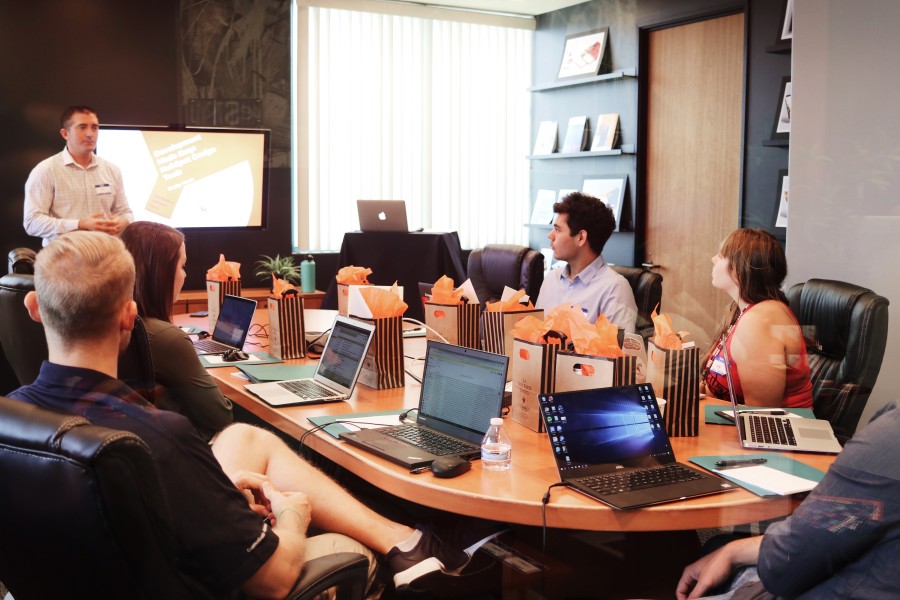
Five Signs You May Need To Outsource Your Non-Profit Administrative Work
Using data is vital to attract, cultivate, and retain donors. But oftentimes, even important information seems to bounce off potential donors. It’s a frustrating barrier for non-profit outreach. However, there is a simple “hack” that will allow you to pitch your non-profit and make it stick.
Aesop taught morals with his fables. Plato secured Socrates’ place in history by incorporating his teachings into dialogues. Jesus taught in parables. The Greek gods and goddesses are well known today due to the Iliad and the Odyssey. All these ideas and concepts are between two to three thousand years old but still make up the DNA of today’s technology-driven, fast-paced, and vastly different society. The progenitors of these ideas made them stick by embedding them in stories, and you can harness that same power by creating a narrative for your non-profit.
Storytelling is an ancient form of teaching. In fact, it was the primary teaching method for most of mankind’s history. Widespread literacy only became common in the last few hundred years. People can learn through sheer exposition, but their brains are tuned to consume stories. By building a narrative, you can reach out to donors on a much more fundamental level.
So how can this be achieved? The human brain keys in on the building blocks of storytelling, so organize your data the way you would a story. Use plot, setting, character, and tension. First, the setting. What is the context of your non-profit? When and how did the need it fills spring up? The character: How and why did your organization come to exist? Plot: how is your organization attempting to fulfill the need it was built to overcome? Finally, tension or conflict: what obstacles does your organization face, and how can potential donors help you?
The role data plays here is to support your narrative with facts and keep it grounded. Data is critical, but in the end, it is really there to lend the narrative credibility and to show results. Less is often more, but a lower volume of data means it must have higher relevance and quality.
Many tools can be used to help organize your data cleanly and efficiently. Contact Condotty on LinkedIn or pfreeman@condotty.com for a free consultation on how Condotty can help tell your organization’s story.
